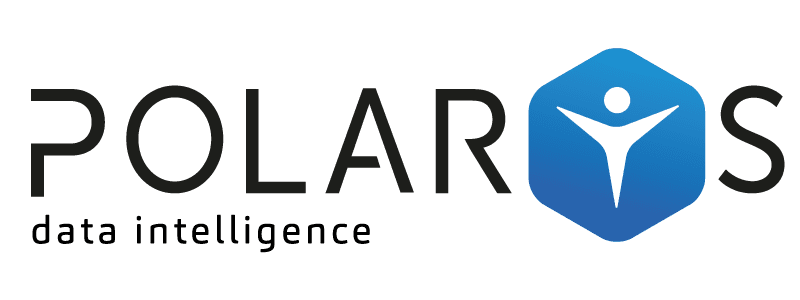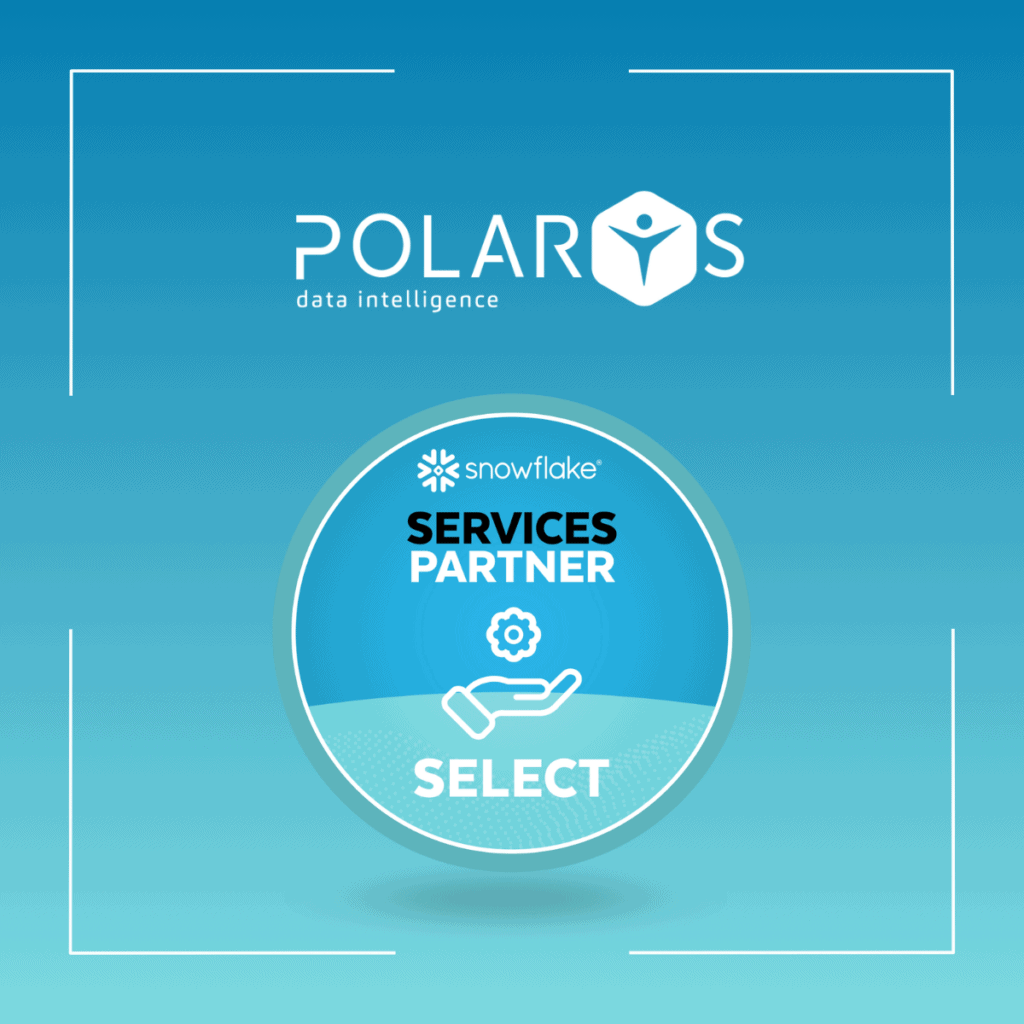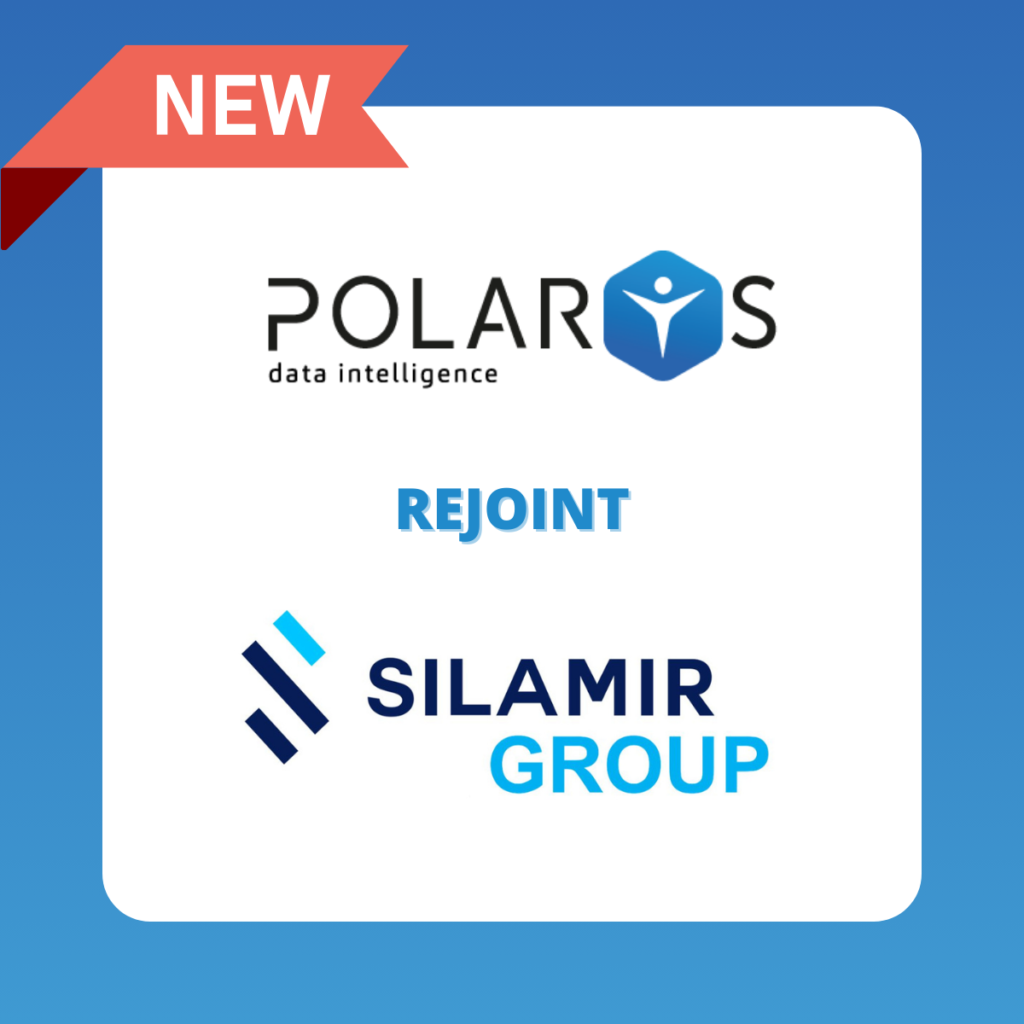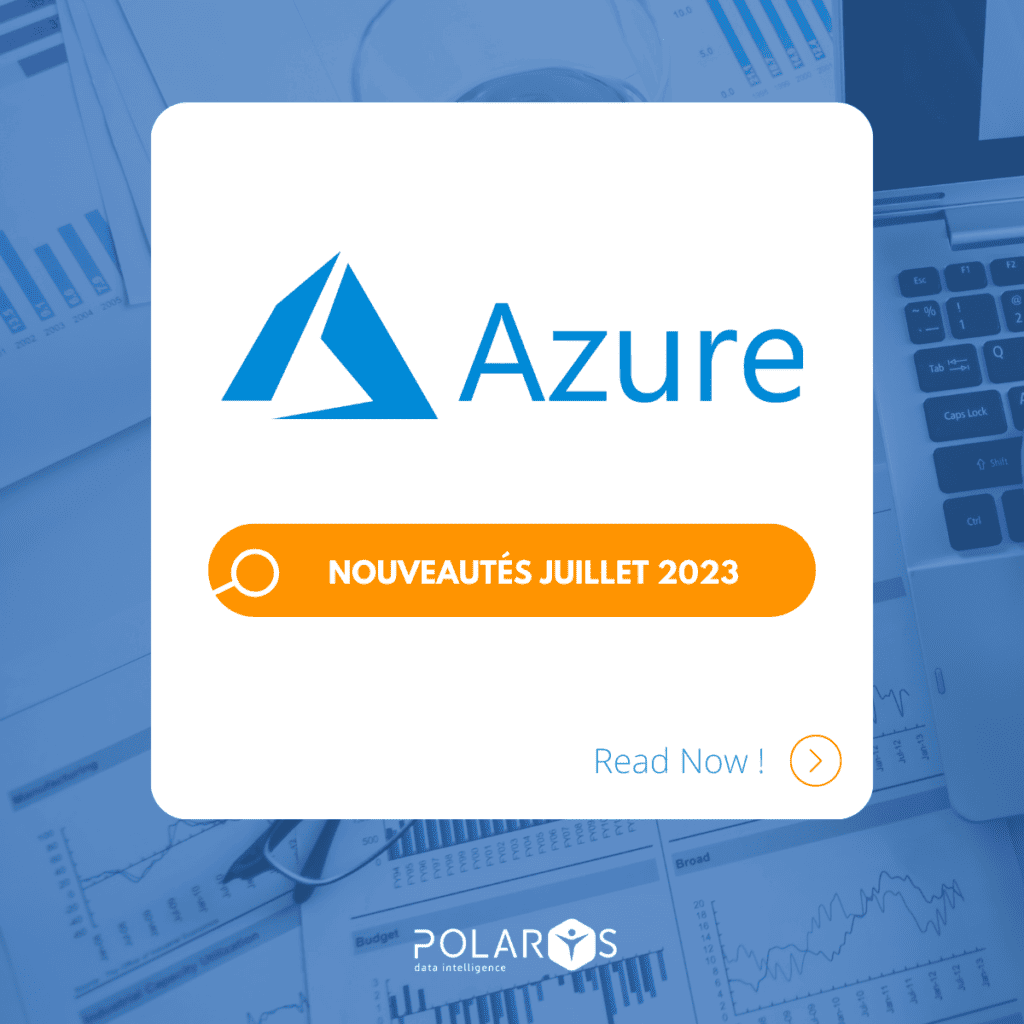New take on stakes
Today, the Private Equity world faces complex challenges. With growing competition, geopolitical uncertainties and growing stakeholder expectations, the market is keeping a close eye on private equity firms, holding companies and investment funds, holding them to deliver results.
For these actors, analyzing complex data sets and swift decision-making is of the essence. For years now, funds have been processing countless data in-house, but decision-makers still struggle to trust data, causing delays in responses, in decisive moment for investment.
Data Science merges with Private Equity
Today this business needs to go further than analysing the past, but they need predictive analytics. This innovative discipline liberates and reveals hidden meaning from raw data. For Private Equity, that means being able to promptly estimate the value of companies and thereby unveil key potential investments.
In a Data Science project, predictive engines are set up by Data Scientists allowing the investment experts to confront their inuition with current and past data, for amazing insight. The combination of human intellect and large-scale automated statistical analysis, allows teams to have wider and deeper access to information, and thus to get ahead of other players, which is essential in this very competitive environment.
Databases already exist, but Data Science allows you to increase value by linking or crossing different types of data. The results may unfold “low signals” allowing you to revise your initial take on an investment that only looks appealing or, on the contrary, detect the next unicorns!
These low signals can take on the following forms:
- debt ratio
- number of patents
- university attended by key managers / founders
- average age of the Excom
- turnover rates / recruitment
- e-reputation
- geographical locations
and much more…
The results of these analysis are not intended to substitute decision-making or human experience. However, they are a high-end decision-making tool, to facilitate the day-to-day challenges of investment teams, in a market where small and midcaps and more and more numerous.





